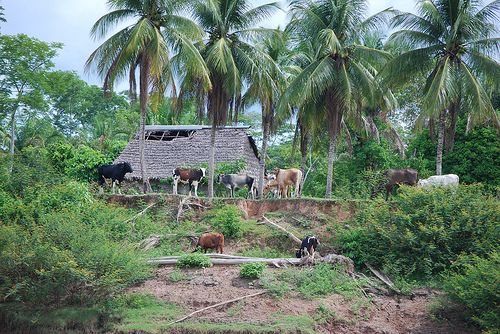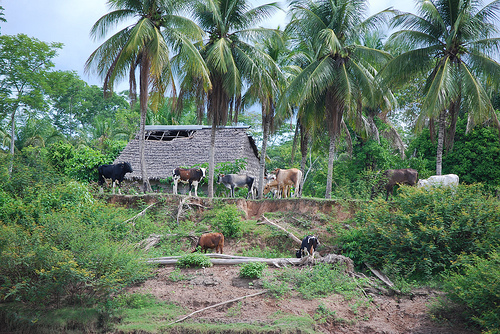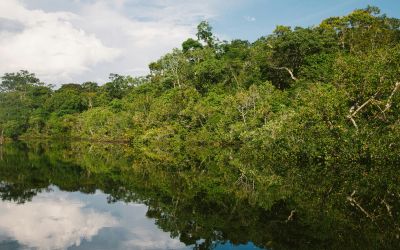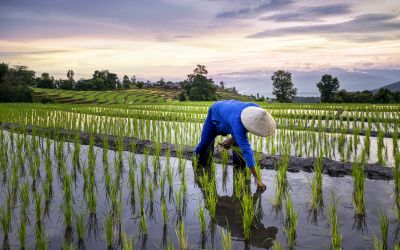Brazil’s cattle beef up climate impact
Brazilian beef is back on the agenda. It is indirectly causing deforestation and therefore further exacerbating climate change, according to a new research by Chalmers University of Technology and the Swedish Institute for Food and Biotechnology (SIK). The researchers argue that the indirect effects on land use should be included when determining a product’s carbon footprint.

 The indirect effects on land use should be included in order to calculate a product’s carbon footprint more accurately, according to new research published in the journal Environmental Science and Technology. Cattle ranching is still driving deforestation in Brazil: a combination of a high demand for farming land for animal feed, biofuels and for crops – but mostly from a growing demand for meat.
The indirect effects on land use should be included in order to calculate a product’s carbon footprint more accurately, according to new research published in the journal Environmental Science and Technology. Cattle ranching is still driving deforestation in Brazil: a combination of a high demand for farming land for animal feed, biofuels and for crops – but mostly from a growing demand for meat.
The call came from researchers at Chalmers University of Technology and the Swedish Institute for Food and Biotechnology (SIK) after finding that increased exports of Brazilian beef has indirectly led to deforestation in the Amazon.
Lead author Professor Sverker Molander said: “If this aspect is not taken into consideration, there is a risk of the wrong signal being sent to policy makers and consumers, and we become guilty of underestimating the impact Brazilian Beef has on climate.”
Brazil has emerged as the largest beef exported in the world since 2000, with 1.9 million tonnes exported in 2009, creating revenue of $4.1 billion. However, this also led to increased deforestation in the Amazon region that increased emissions of CO2.
When carbon-rich forest is burned down to clear land for farming, large amounts of CO2 is released. CO2 emissions from deforestation are currently responsible for 10 per cent of global emissions, and 60 – 70 per cent of the deforested land is used for cattle ranching.
Currently, only when land use is directly changed is it included in estimating a products carbon footprint. Carbon footprint standards – international surveys performed to estimate a product’s impact on the environment – show beef as causing zero emissions from deforestation, whilst beef causes direct emissions from cattle’s digestion and feed production.
However the new research suggests that in Brazil, despite beef from deforested areas only constituting six per cent of total production, it accounts for more than 25 times more CO2 than beef produced in the rest of Brazil, and beef from Brazil has twice as many emissions as that from Europe.
Growing beef exports from Brazil have increased cattle ranching and have therefore indirectly contributed to forest converted to pasture land in the Amazon.
Christel Cederberg, co-author of the research said: “The basic problem is we are eating increasing amounts of meat. For every new kilogram we eat, the risk of deforestation increases.”
The researchers are worried: as the Brazilian Ministry of Agriculture announced a goal to double the country’s beef export over the next decade, global demand for biodiesel and ethanol, produced from soy and sugar produced in the country is also increasing.
Cederberg said: “Yields can not just continue to increase. No matter from which angle you look at the forecasts, changed and increased land use is the result.”
Image: Ivan Mlinoric | flickr






_400_250_s_c1.png)